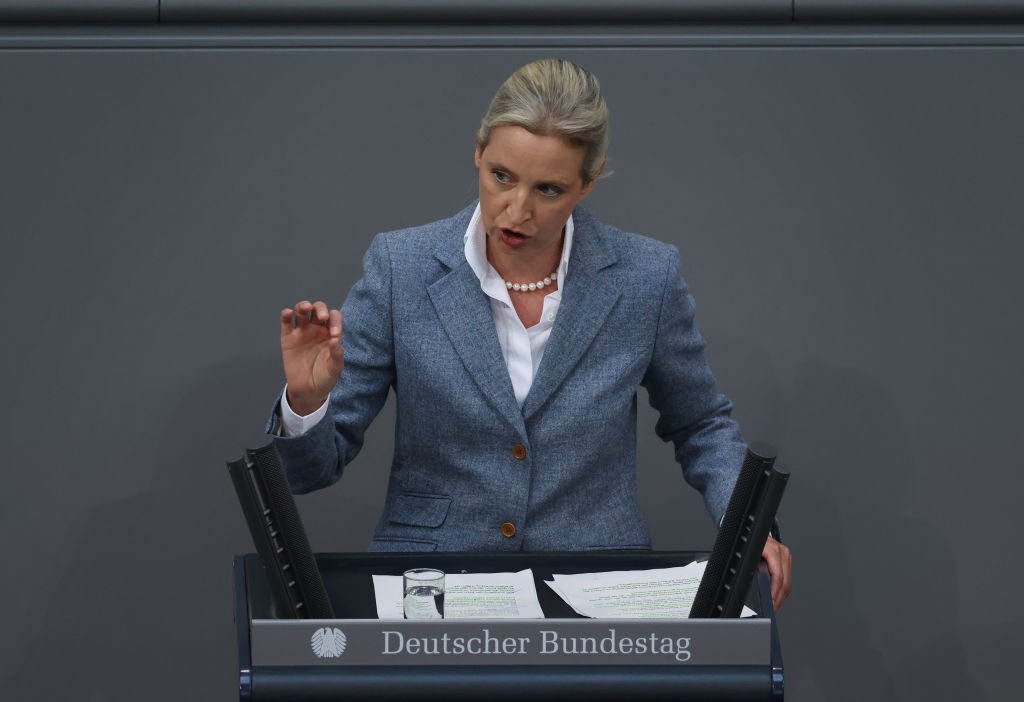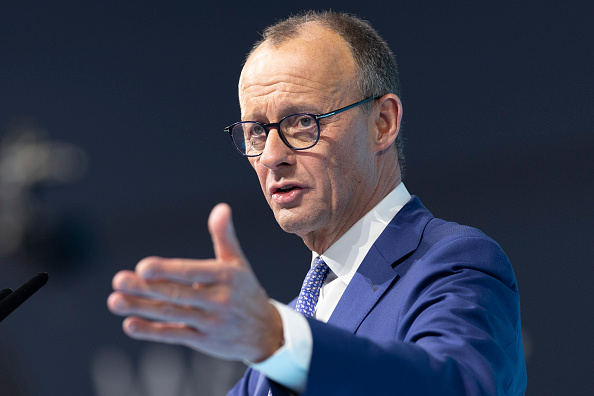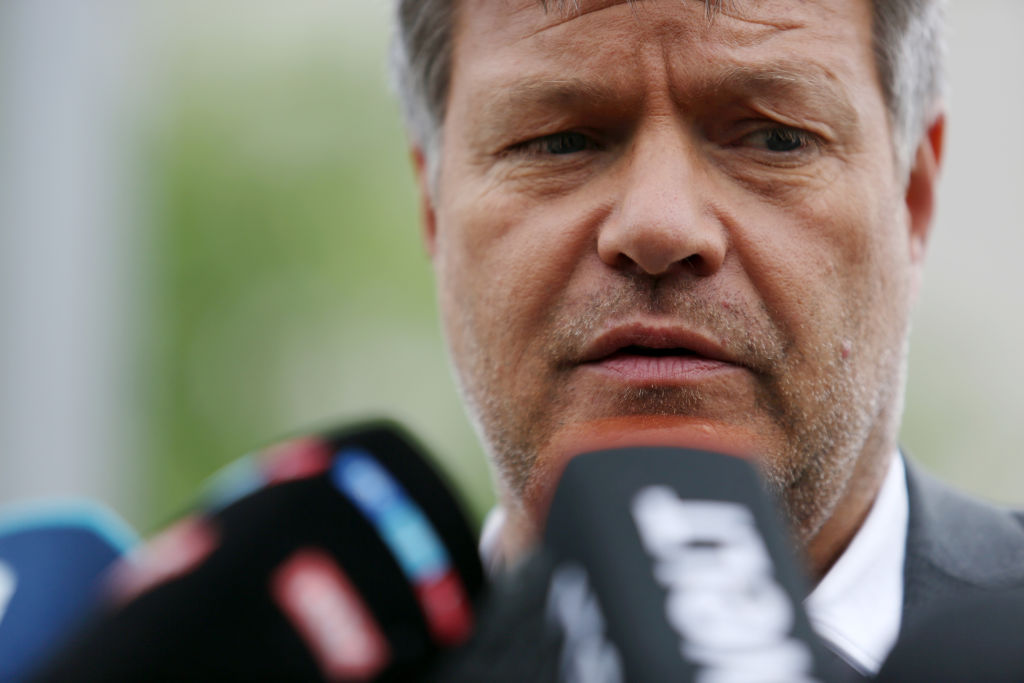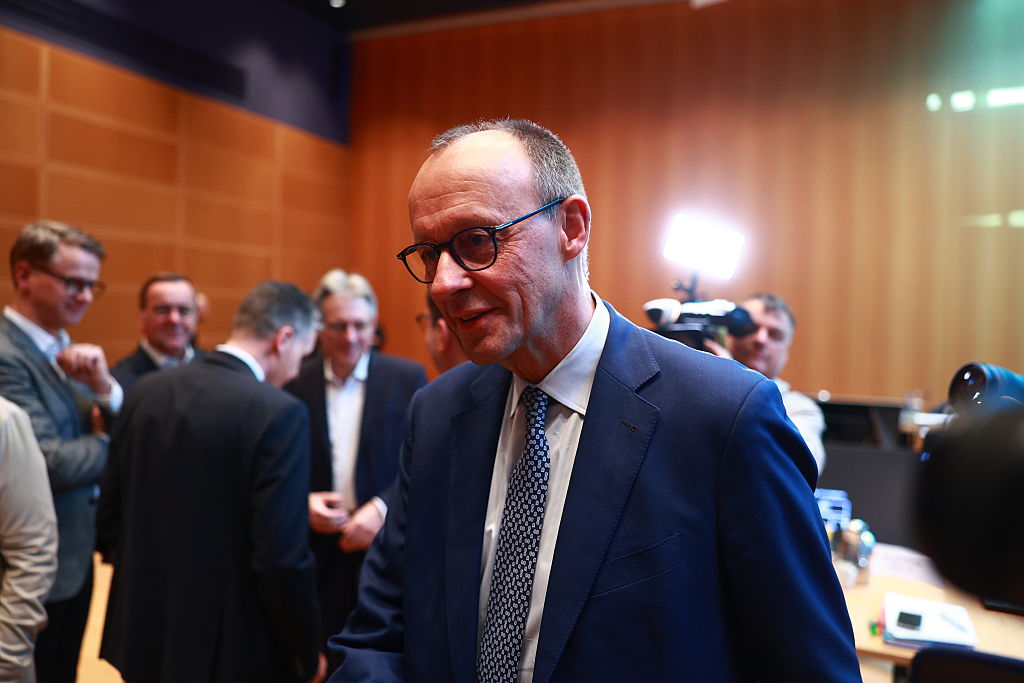The right-wing Alternative for Germany (AfD) party has hit new records in voter surveys.
In the latest poll by Forsa, commissioned by TV channel RTL and published on April 22, the party reached 26 per cent, a gain of more than 5 per cent compared to the February 23 election result.
The right-wingers eclipsed the Conservative Christian Democratic Union (CDU) party that won the national ballot with 29 per cent of the vote. It was polling around the 25 per cent mark in the latest survey.
Another poll by Insa, also published on April 22, showed both parties neck and neck at 25 per cent.
BUNDESTAGSWAHL | Sonntagsfrage Forsa/RTL, n-tv
AfD: 26% (+2)
Union: 25%
SPD: 15%
GRÜNE: 11% (-1)
LINKE: 9% (-1)
BSW: 4%
FDP: 4% (+1)
Sonstige: 6% (-1)Änderungen zur letzten Umfrage vom 15. April 2025
Verlauf: https://t.co/f9MV7iZ8iJ#btw29 pic.twitter.com/m4tt33sW19
— Deutschland Wählt (@Wahlen_DE) April 22, 2025
The survey results indicated growing dissatisfaction among the German electorate with the incoming coalition government of the CDU and Social Democratic Party (SPD).
Ulrich van Suntum, a Conservative pundit and former AfD politician, wrote on X that the AfD was leading the polls “even though it is being fought to the utmost by CDU, SPD, and Greens at all levels, hounded by the Office for the Protection of the Constitution and the courts, bullied in the parliaments and defamed and penalised in the leading media on a daily basis”.
“How badly must the policies of Merkel, Scholz, Merz, etcetera be judged by the voters for something like this to be possible? And the voters are right.”
Although CDU and AfD would have had an easy majority in the new Bundestag, or parliament, CDU leader Friedrich Merz has vowed not to cooperate with the right-wingers – a “tradition” in German politics known as the “firewall towards the right”.
Instead he sided with the SPD as the only possible alternative coalition partner.
Despite the SPD only securing 16 per cent of the national vote, the left-wingers managed to use their leverage in the coalition negotiations.
Many business leaders have criticised the planned coalition measures as not going far enough to lift Germany from its economic malaise.
The SPD was down 1 per cent compared to the election result in both recent polls and if the election was repeated today, the coalition partners would fail to get a majority, according to the surveys.





